PetsPick Aspen Pet Bedding, 5 cu. ft.
PetsPick Aspen Pet Bedding is made of only natural, virgin wood fibers. PetsPick is super-absorbent and 99.9% dust-free to maintain a clean space and protect your pet’s habitat. PetsPick Aspen bedding is naturally moisture and odor-absorbent so it keeps your pet’s home smelling clean, scent free and free of aromatic oils.
PetsPick Aspen Pet Bedding is made of only natural, virgin wood fibers. PetsPick is super-absorbent and 99.9% dust-free to maintain a clean space and protect your pet’s habitat. PetsPick Aspen bedding is naturally moisture and odor-absorbent so it keeps your pet’s home smelling clean, scent free and free of aromatic oils.
- Naturally scent-free, odor + moisture absorbent
- Great small pet bedding for animals that like to tunnel and nest
- Kiln-dried for better absorption and to remove harmful bacteria
- Triple-screened pet cage bedding helps remove irritating dust
- All natural – NO additives or toxins
- Absorbs 2X its weight
- Expands to 3X its size
Additional information
| Country of Origin | Made in USA |
|---|---|
| Bedding Coverage Area | 5 cu ft |
| Bedding Features | Dust Free, Absorbent |
| Bedding Product Weight | 22 lb. |
| Compressed Volume | 141 L |
| Package Size | 2 cu. ft. |
| Poultry Types | Chickens |
| Product Height | 24 in. |
| Product Length | 9 in. |
| Product Width | 16 in. |
| Manufacturer Part Number | 450020 |

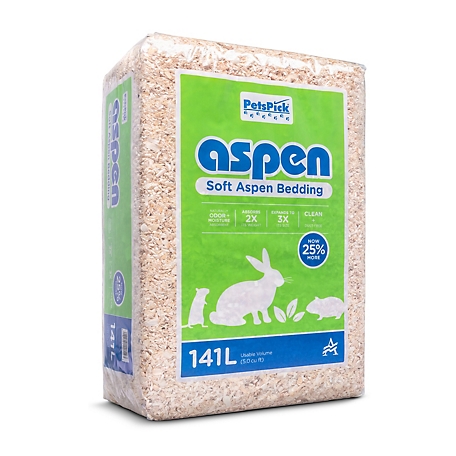
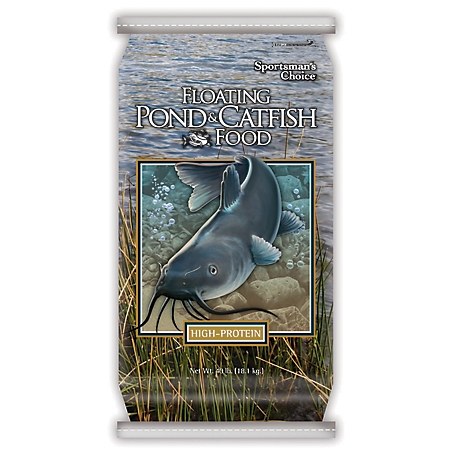
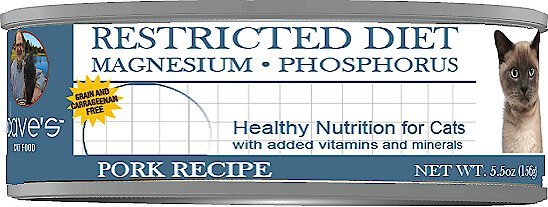
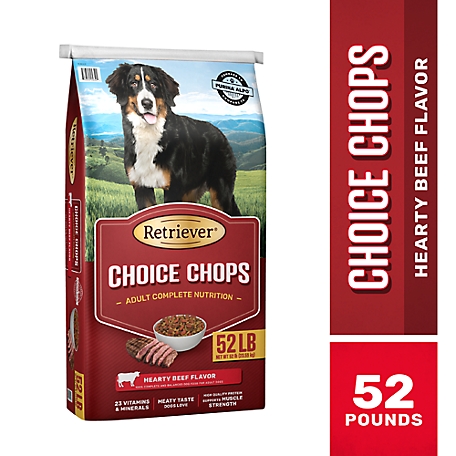
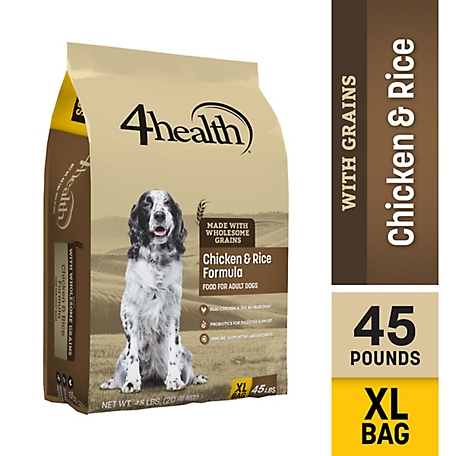
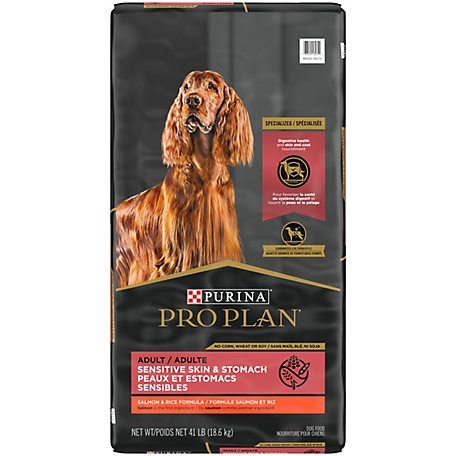
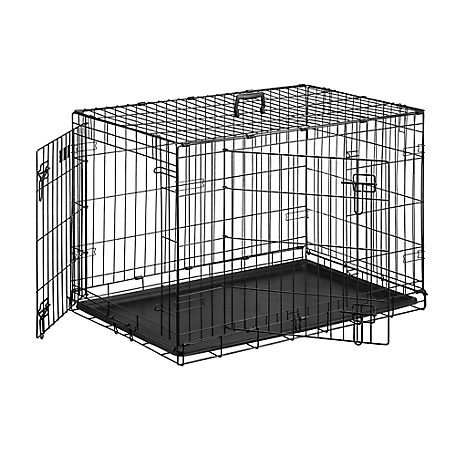
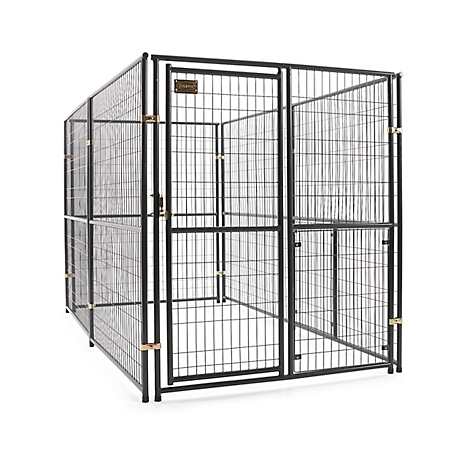
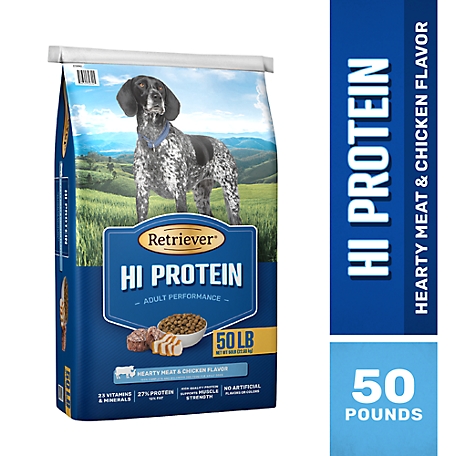
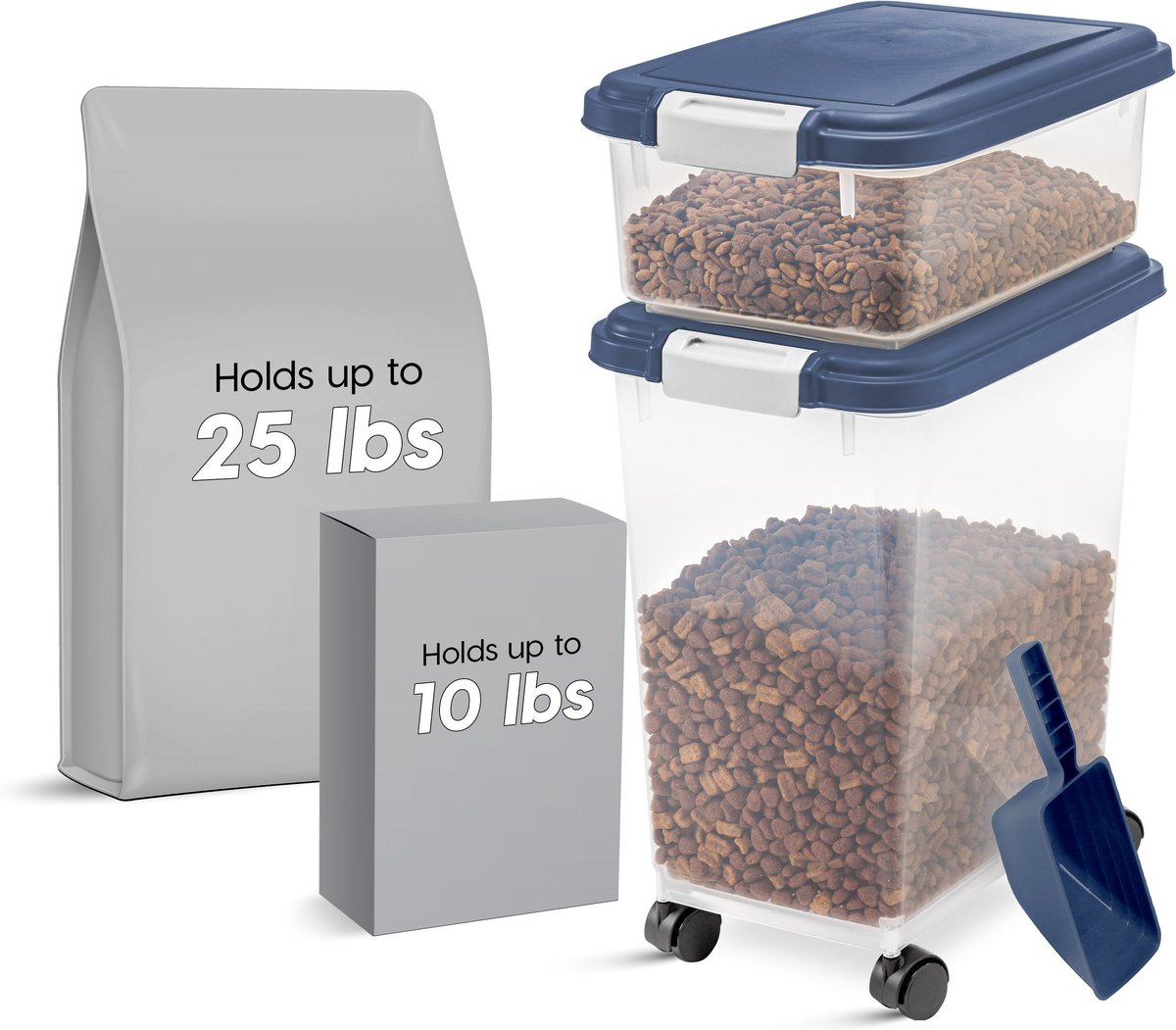
by Mike
Excellent quality bedding for my Guinea pigs. It stays fresh for quite awhile.
by Carolyn
This bedding is not dusty and smells really good. My bunnies like to nibble on the fresh bedding when I clean their pens.
by Tabby
Best shavings for my rabbit!
by Rae
Best shavings for my rabbit!